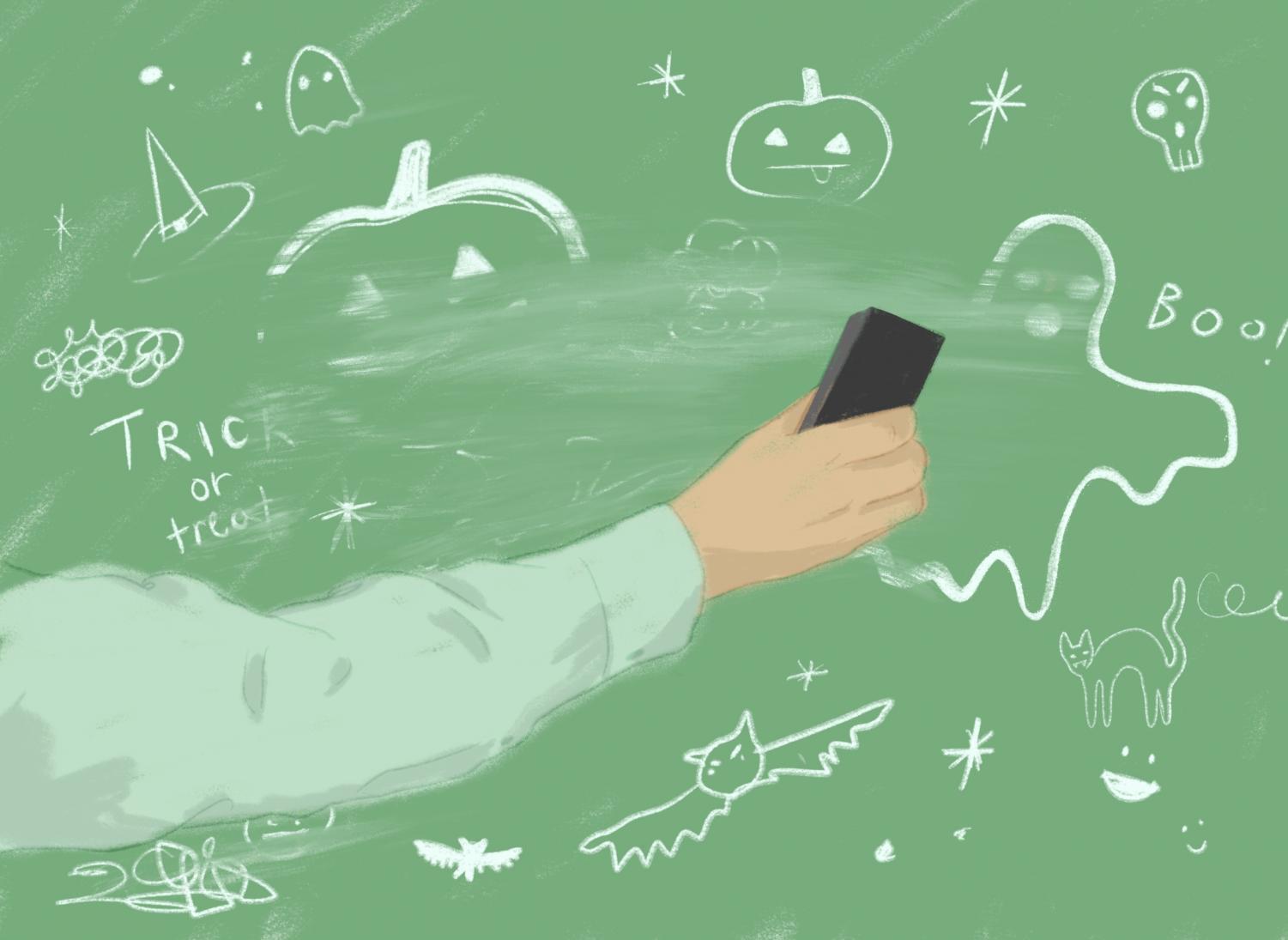Opinion: To schools banning Halloween parties: BOO!
October 27, 2019

Every year around Halloween, the buzz of excitement is palpable as costumed students prepare for candy comas and ghoulish holiday rituals after class.
My middle school even allowed the celebration to begin early, blaring Halloween music over the loudspeakers and inviting students to participate in themed activities.
But despite the holiday’s popularity, select schools across America have joined the growing movement of districts abandoning Halloween festivities to achieve a more “inclusive environment” for every child.
Illinois institutions have made headlines in outlets such as WGN-TV, Today.com and the Chicago Tribune for declaring they will no longer allow Halloween-related traditions.
Administrators at Evanston schools, including Lincoln Elementary Principal Michelle Cooney, argue that Halloween is: not always celebrated due to religious and cultural beliefs, overwhelming for kids with sensory issues or autism, an easy platform for cultural appropriation and dangerous for kids with food allergies, according to a Sept 27. Tribune article.
These are valid concerns, but can be solved with a little compromise.
Taking away the in-school holiday from families who can’t take their kids out trick-or-treating because they are working or might live in an unsafe neighborhood shows class-insensitivity, as pointed out by some parents in the Tribune’s coverage of this story.
Schools should educate students on why certain outfits are hurtful, with disciplinary action administered to kids wearing offensive costumes on a case-by-case basis.
For kids with autism, quieter music, calmer games, movies and regulated costumes may allow them to participate and enjoy a Halloween party.
Preventing allergic reactions is as simple as restricting what food can be brought.
Halloween allows people to be free of their various identities and become anyone or anything they choose.
Despite its religious origins in paganism and Christianity, Halloween has evolved into a secular, community-centered holiday.
In their quest for inclusivity, administrators neglect their duty to bring communities to the table when discussing issues of race, culture and religion.
How diversity and religious pluralism relate to the celebration of holidays in schools is an extremely important topic that begs to be discussed in America.
To celebrate cultural differences is not to strip America of its traditions and make everyone observe generic holidays. It’s to take the time to educate people on the unique celebrations that exist in our country and around the world, respecting their decision to take part in the festivities or not.
In other words, there’s nothing scary about letting students get a little spooky.







